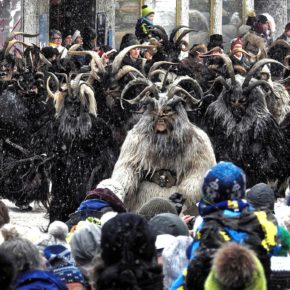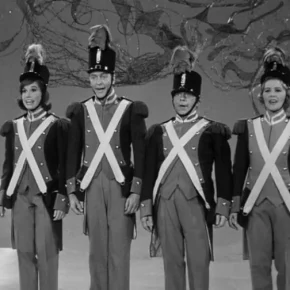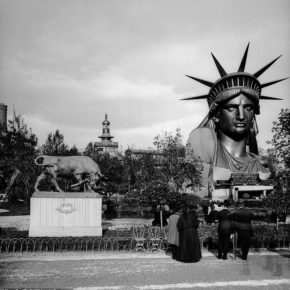Isn’t it lovely that the Dems, fresh from a great 2006 election, want to eat their young?
After scoring historic election victories at every level – from dog catcher to the U.S. Senate – you’d think that people would be praising Gov. Howard Dean’s steadfast resolution to enact his “50-State Strategy” for the DNC: building the party from the ground up, funding the state party organizations nationwide, and fielding candidates in as many races as possible.
Many wrote this off as daft and counter-productive. The fat cats in the DNC, DSCC, DCCC and DLC were all about calculated spending on so-called “competitive races” – no-to-low risk politics that may have reaped some rewards at the expense of states and regions seen as “too red to be realistic.” But Dean stuck to his guns.
The result? Wins in local council races in states where Dems seldom win. State legislatures suddenly having Democratic majorities – some for the first time in decades. New Democratic governors in 6 states. A Democratic majority in the U.S. House and the U.S. Senate. And above all: wins all over the country, not just in Democratic strongholds.
And Dean even managed to re-tool the fundraising model for the Democrats, building a solid base of donors from all financial levels. Instead of leaning heavily on fat-cat coastal donors, he looked toward small and mid-level donations as the source of funding for races, top-to-bottom. It was like diversifying the DNC’s portfolio, and for the first time in many years, the Democrats were in full funding parity with Republicans – not exactly something to sneeze at.
But now the fat cats are pissed off for no good reason. Some of them – like James Carville – want Dean’s head for possibly costing the DCCC and DLC a handful of “potential pickups.” They think that Dean has ruined their party – and in a way, he has, because their influence isn’t nearly as strong.
Carville is even vocal about a possible successor: Harold Ford, who just suffered a rather embarrassing loss in the race for Senate in Tennessee. Ford’s campaign was seen as the “model campaign” – at least it was touted as such by the DSCC and the DLC. Yet Ford was over-advised and wasn’t allowed to just be himself, and the voters saw through the fake personality traits. His campaign was, in many ways, a model of how not to run a campaign in a so-called “battleground state.”
Yet Carville sees Ford as the next DNC messiah:
“Suppose Harold Ford became chairman of the DNC? How much more money do you think we could raise? Just think of the difference it could make in one day….”
Well, Mr. Carville, I think that you have nothing but yourself and your cronies to blame for Ford’s poor showing in Tennessee, and I think that you have no real argument against Dean’s success with the DNC. The DNC has a spine again, at the party organization level, and it’s reaping the rewards.
Mr. Carville, take a bit of your own advice: fight the fights that are worth fighting. And the fight against Dean is not worth fighting – why mess with success?















Dan
10 November 2006 — 17:30
Even my righty friends are saying that Dean was the biggest winner of the midterms. No question about it–he gambled and won big. He’s now positioned to be the light side of the force’s Karl Rove (a position, I’ll note, that Carville hasn’t held in over a decade).
Andrew Clem
10 November 2006 — 19:34
A year ago I would have laughed out loud at a scenario in which Dean was vindicated in the election. How things change! I would like to think that his success was primarily a reflection of the failure of the Bush-Rove-DeLay nasty hardball approach, but it is in any case clear that he saw an opportunity to win that eluded the notice of almost everyone else. Touche, Dems! Our side had it coming for a long time.